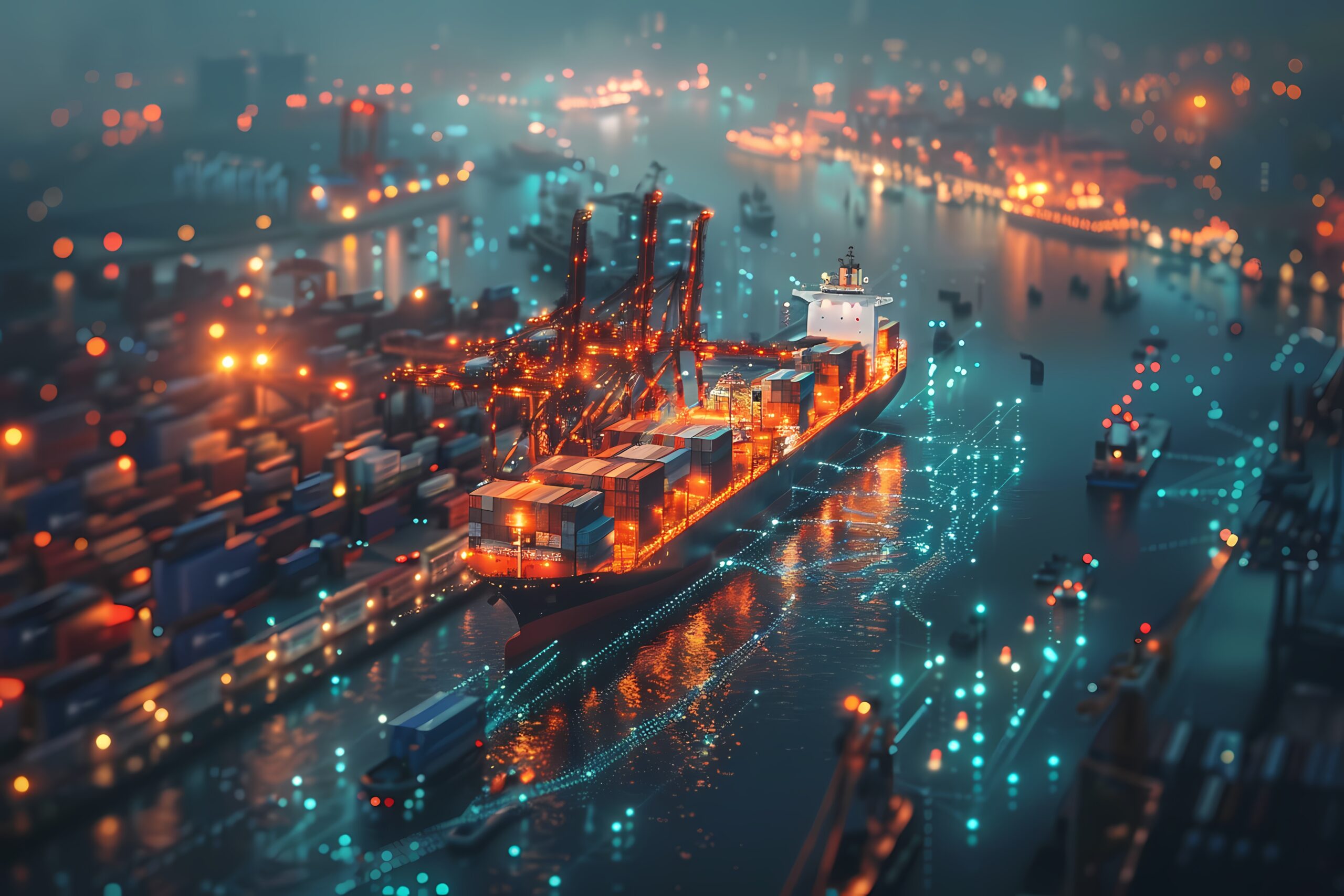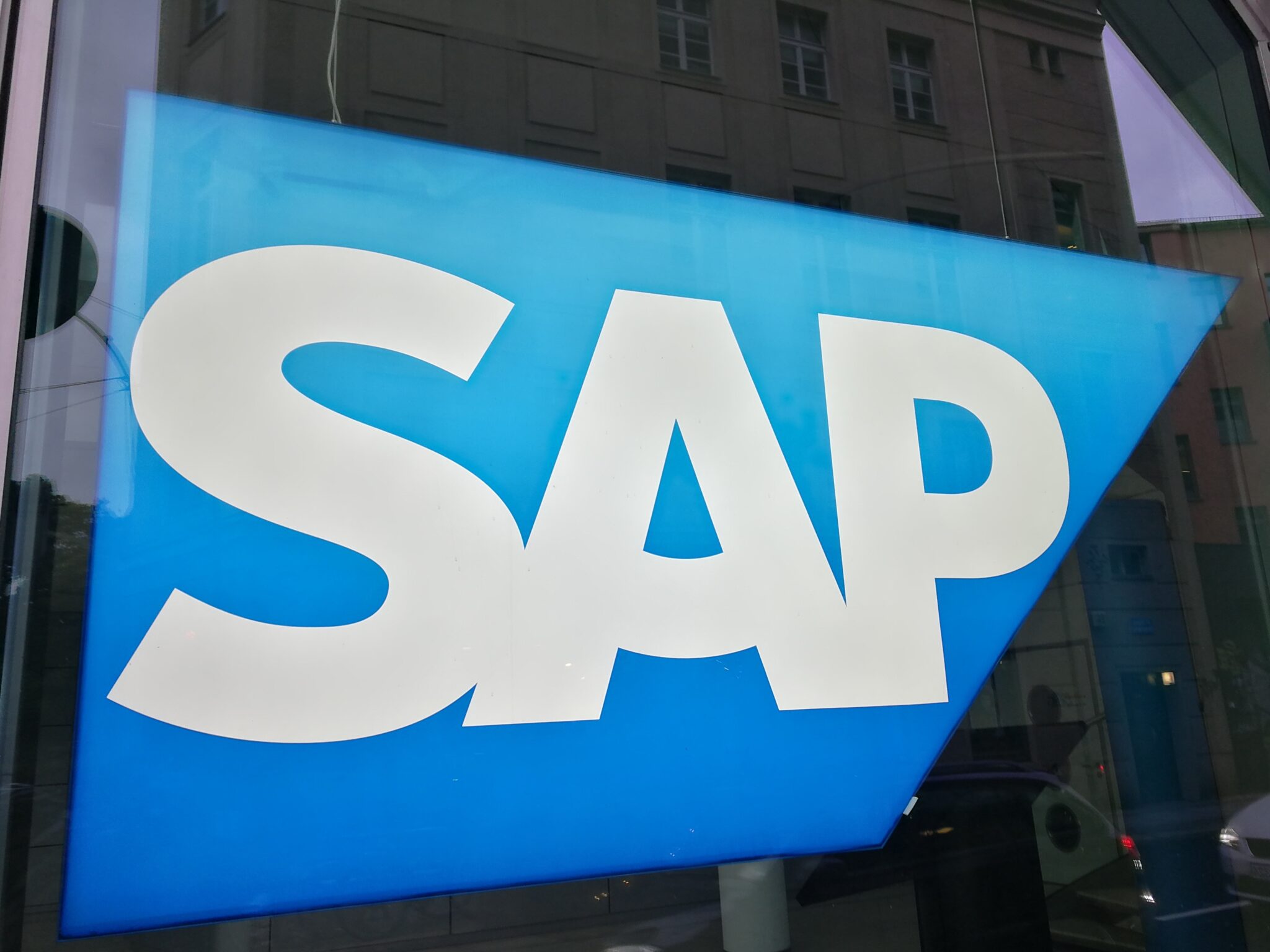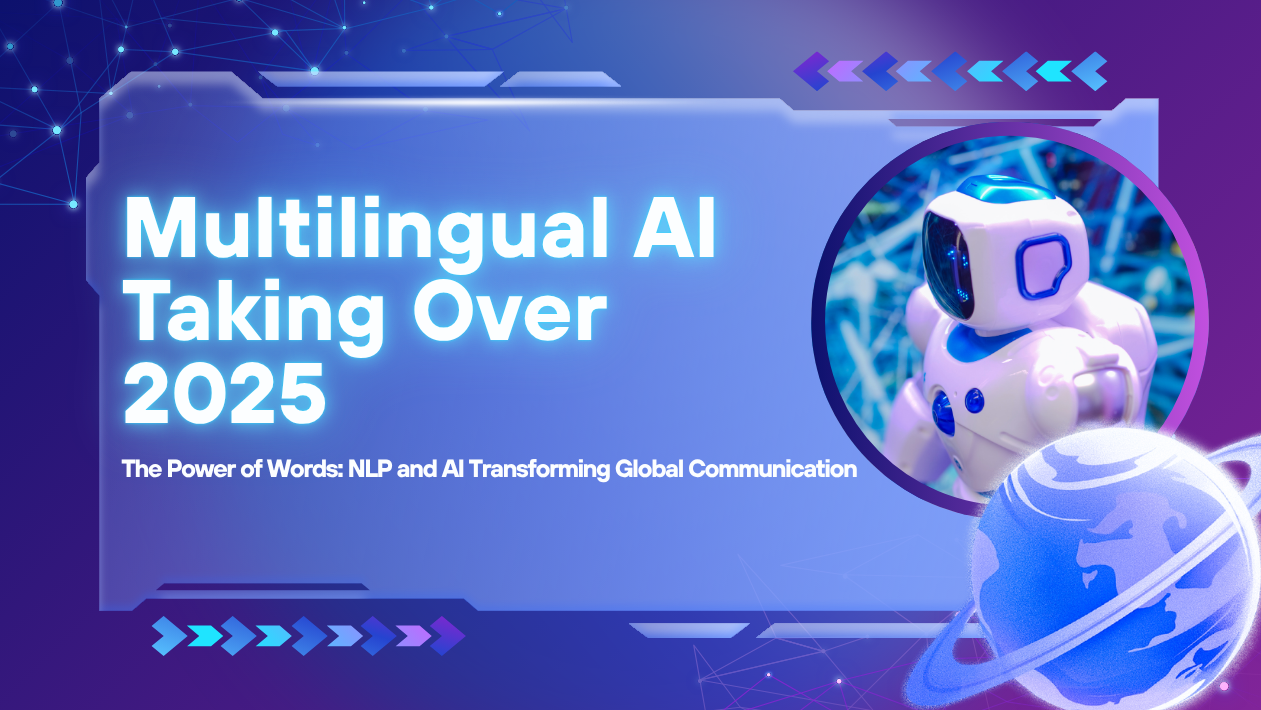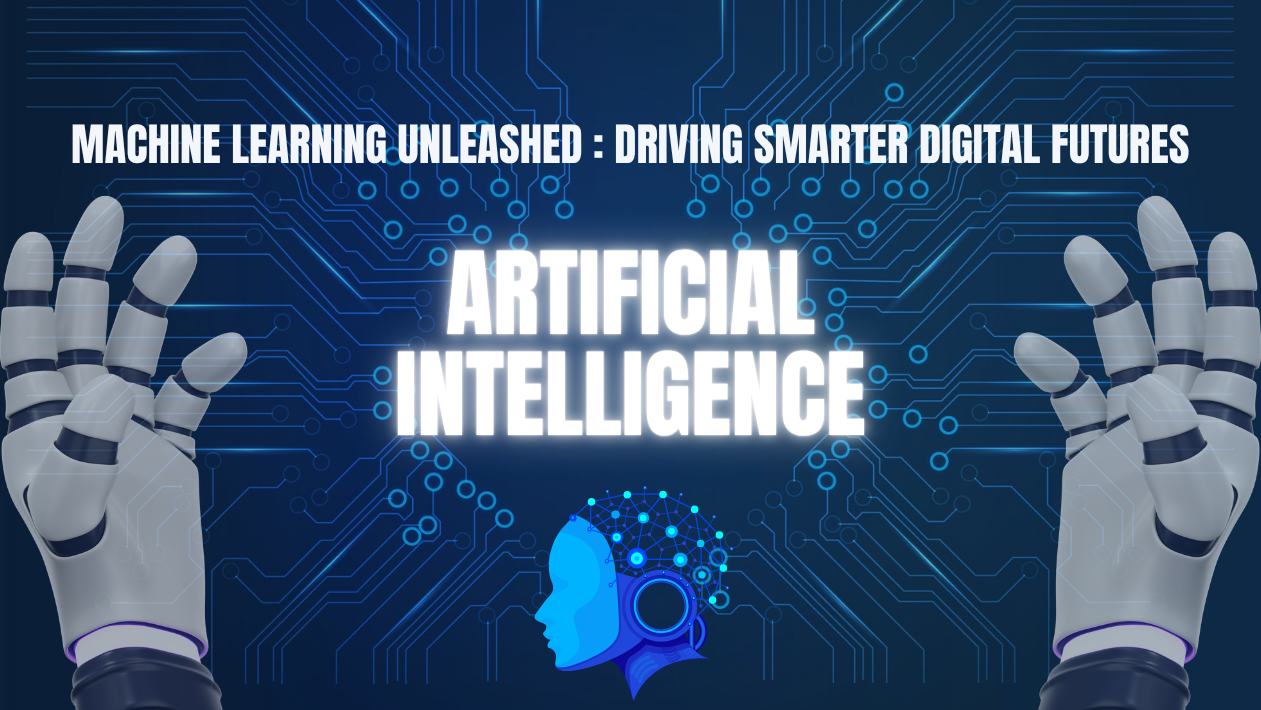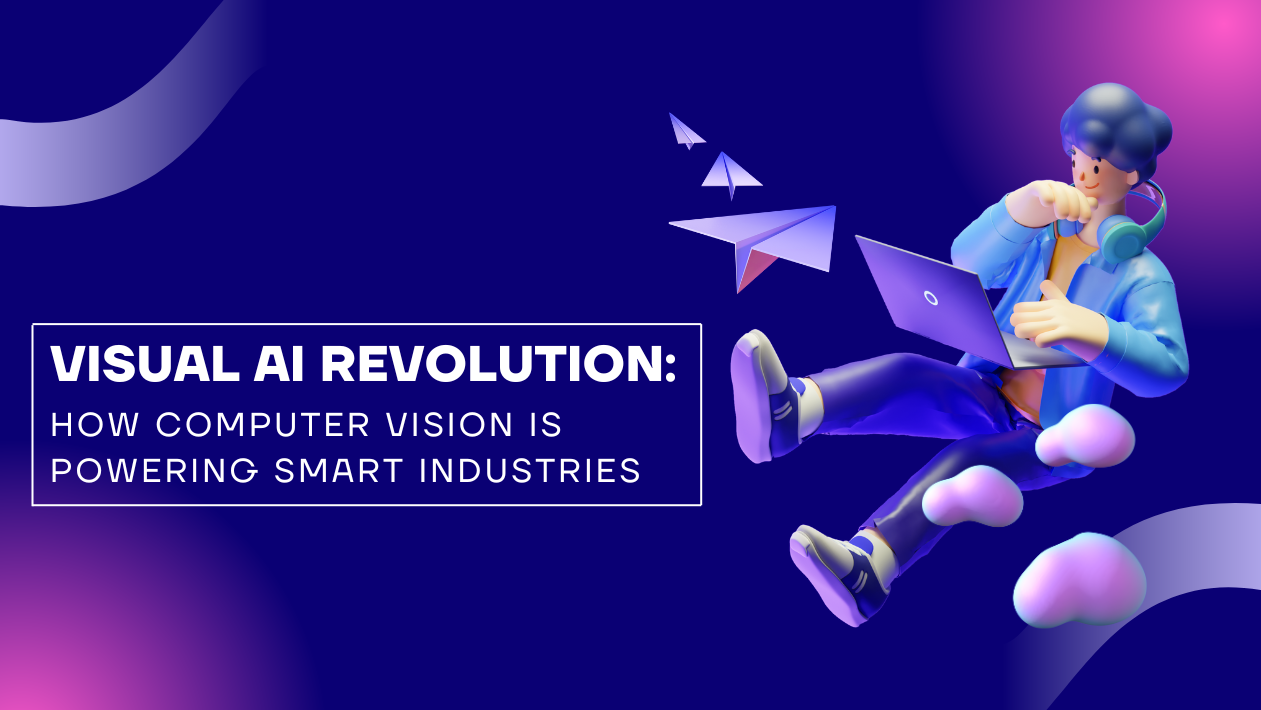The maritime industry is embracing Machine Learning (ML) to enhance operational efficiency, safety, and decision-making. The Port of Corpus Christi, Texas, has implemented an AI-powered digital replica system called OPTICS (Overall Port Tactical Information System) to improve real-time tracking and safety.
OPTICS creates a digital twin of the port using live and historical data, enabling effective oversight and predictive analytics. Machine Learning algorithms fill in tracking gaps by predicting ship positions with greater accuracy, supporting safer navigation for massive, hazardous cargo-laden ships.
The Tech Whale collaborates with ports and logistics companies to develop ML-driven solutions that streamline operations. Our platforms integrate data from various sources, providing actionable insights for traffic management, resource allocation, and emergency preparedness.
In addition to tracking, ML models analyze maintenance data to predict equipment failures, reducing downtime and maintenance costs. By forecasting demand and optimizing scheduling, ports can improve throughput and customer satisfaction. Implementing ML in maritime logistics presents challenges, including integrating legacy systems and ensuring data quality. However, with strategic planning and investment, these obstacles can be overcome, leading to significant improvements in efficiency and safety.

